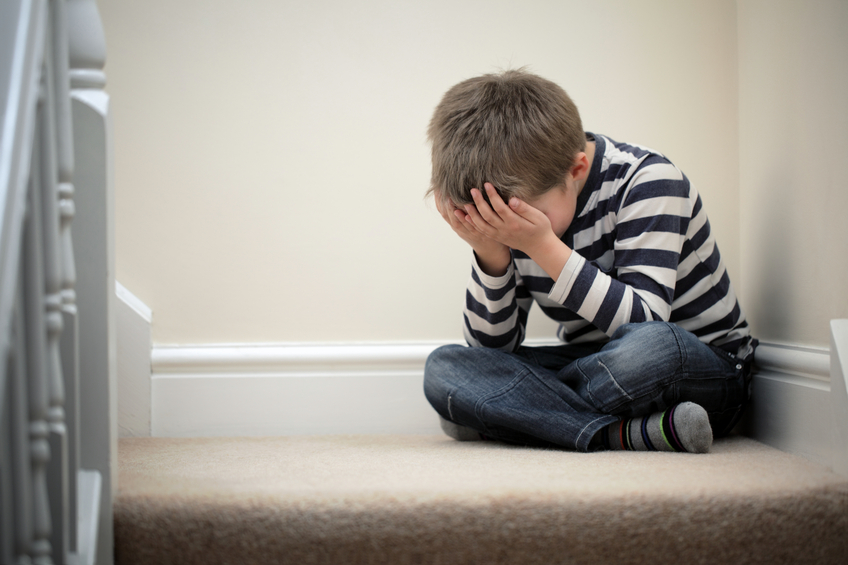Childhood/Adolescent Depression
Can a child or teen suffer from depression? Yes. A thorough clinical assessment needs to happen and every environmental, physical and emotional dimension needs to be taken into account. Kids can experience “feeling sad” or “irritable” for many reasons: for being bullied, for dealing with parents getting a divorce, for moving to a new home, for not being able to do their homework. The list goes on. If your child is having marked changes in mood I recommend a visit to the pediatrician to make sure there are not medical contributing factors (thyroid disorder, metabolic problems). The pediatrician is a great starting point to help guide you to the next step.
As a society we need to hold our mental health and wellness in the highest regard. It is essential in assessing a change in your child’s mood, irritability or sadness level to include a highly trained professional that has assessed childhood depression and knows how to address safety issues including suicidal thoughts and self harm. My professional opinion is that a child psychiatrist is the best choice to make this assessment. You would be surprised to know how often kids present with suicide or cutting behavior and I was the first one they shared this with. One complicating factor in providing adequate mental health services is that there is a shortage of child psychiatrists to provide the care that is needed. The solution is prevention, education and early screening as well as psychiatrists having collaborative relationships with pediatricians, psychologists, educators, other professionals and parents. This is a societal issue not just a medical issue. We need to build the infrastructure to support our children in a unified way.
The data shows that depression affects ~5% of all adolescents.
In clinical practice when assessing a child or teen for depression or any other presenting behavior a Child Psychiatrist follows the practice parameters of AACAP. A clinical interview with the child and the parents separately is standard of care. A review of report cards, standardized testing, behavioral rating scales, and gathering any other relevant information is part of the assessment. If a diagnosis is made then treatment is determined after weighing in on all of the factors for your child.
I believe that it is essential for psychoeducation to weigh in all the factors of treatment. Cognitive behavior therapy is an absolute part of the treatment of childhood depression whether medication is indicated or not. Coping strategies, family, and school environment are essential for the best long-term outcome. I am happy to say that I have many “thrive stories” of young adults that I see ~three times a year now that had appropriate treatment for depression as teens. They are attending top colleges, having children, and getting promotions at work.
Dr. Denise



